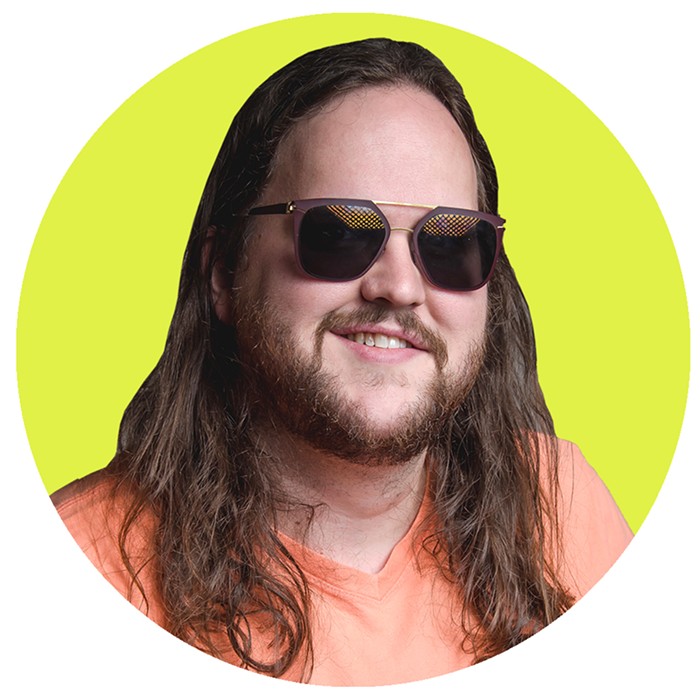WE LIKE to think artists have a freedom that allows them to question what we don't have the nerve to question. Salman Rushdie explores the limits to that freedom in his memoir Joseph Anton, which was just released in paperback. The memoir is named for the alias the author adopted (a combination of Conrad and Chekhov's first names) while in hiding after Ayatollah Khomeini of Iran declared a fatwa against him, calling for all Muslims to kill him on sight.
One of the striking things about the book is Rushdie's reflection on the ways culture has changed throughout his career. For instance, he laments that writers no longer seem to be what Shelley called "the unacknowledged legislators of the world."
I sent Rushdie some questions along these themes, which the author of the 600-plus-page Joseph Anton hilariously answered in a handful of brief, sometimes monosyllabic sentences and one not-very-subtle jab at American readers.
MERCURY: In the context of well-known Muslims (Cat Stevens, et al.) who were later compelled to deny their recorded support of the fatwa, do you think of religion as a trap for the religious? How did you remain "free from religion" throughout the fatwa?
SALMAN RUSHDIE: Yes, I do think of religion as a trap. And it was easy to remain free from it. I was trying to get out of the trap.
You write that you were "lucky to have been attacked just before the dawn of the information age." Why is that? Do you think there is validity to the media narrative of the so-called "Twitter Revolutions" of the Arab Spring? Can the internet be a constructive force for human rights?
Yes, the internet can be a constructive force, but it can be destructive too. In my case, I think, the internet would have multiplied the danger many times. The internet is neither moral nor immoral. It's a tool. Depends whose hands it's in.
In a New York Times opinion piece, you examined your feelings that "we no longer easily agree on what it means to be good, or principled, or brave" and that "we have become suspicious of those who take a stand against the abuses of power or dogma." In light of officially sanctioned oppression of artists like Pussy Riot and Ai Weiwei, has anything changed for the better since your decade in hiding, or are we losing the ability to definitively tell right from wrong?
Yes.
Do you think there are writers today who are "legislating the world," even if to a lesser degree? Are there young writers you would point to who are keeping literature a "lofty, transnational, transcultural force?"
I think there are many great writers working today. And in many countries, not, perhaps, in America, people are still listening.
















